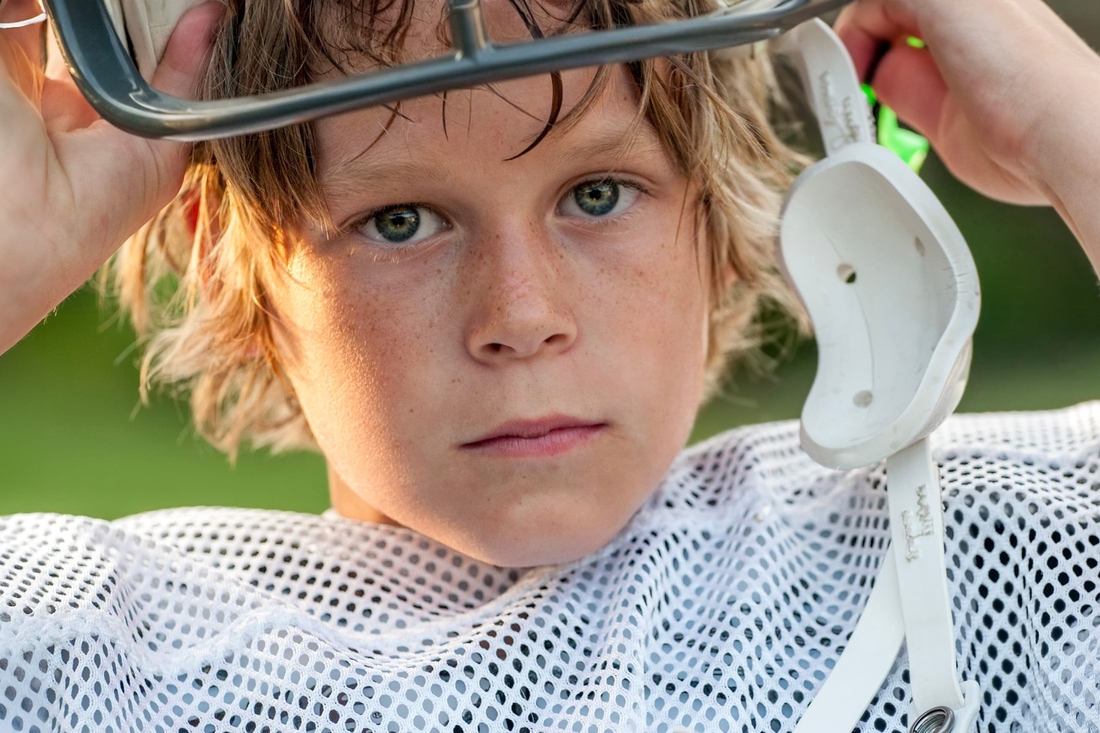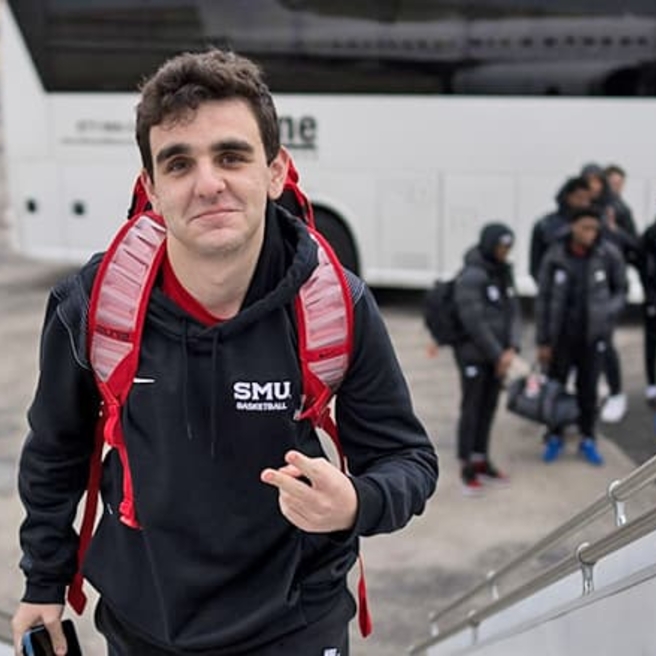Minds Matter Concussion Program

For children, teens and young adults who’ve suffered a concussion, prompt diagnosis and immediate treatment with cognitive and physical rest are crucial to both short- and long-term recovery. Whether your child’s head injury was caused by an accidental fall or sports injury, their concussion can affect the function of their brain and have serious side effects.
Concussion specialists in the Minds Matter Concussion Program at Children's Hospital of Philadelphia (CHOP) are international leaders in concussion care and research. The team has set the standards of care for concussion diagnosis and treatment, and lectures around the world.
We work closely with CHOP primary care providers to support families by:
- Targeting and personalizing care plans
- Offering cutting-edge concussion diagnostics and therapies
- Providing physician-guided recovery focused on improving outcomes and preventing future concussions
What to know about caring for concussion
We have created research-based concussion information and resources geared to support different groups, including:
All about concussion

Meet your team
Our team of pediatric concussion specialists includes clinicians and researchers dedicated to the assessment and treatment of concussions, with a focus on preventing future head injury. We make targeted, personalized care plans for each patient.

Our locations
At our children’s concussion clinics we care for kids of all ages, from babies to adolescents and teens. Find CHOP concussion experts at a location near you.

Our concussion research
CHOP’s Minds Matter Concussion Program has a robust research arm that helps us better understand the causes and effects of concussion, as well as investigate targeted interventions to optimize concussion treatments and shorten recovery time.

Concussion program resources
We have created resources to help you find answers to your questions about concussion and feel confident with the care you are providing your child.
About your child’s concussion appointment
Learn what to expect during your child's concussion exam and what to bring to each visit.
Additional services for concussion patients
Children, teens and young adults who come to CHOP for concussion management have access to a deep bench of concussion experts across different programs with different areas of focus.
Your donation changes lives
Philanthropic donations of all sizes fuel every breakthrough discovery at the Center for Injury Research & Prevention and Minds Matter Concussion Program.


